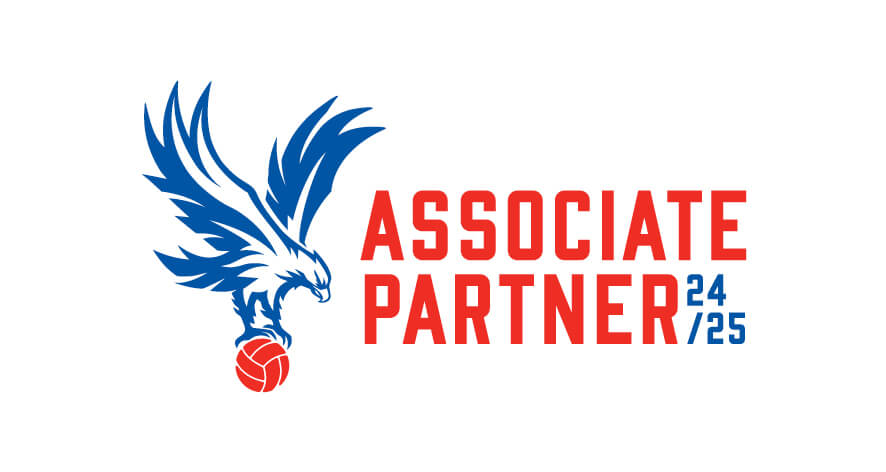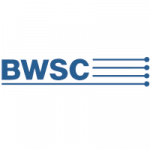Would Your Delivery Area Pass These Health & Safety Tests?
This post is part of the “Focus on Health and Safety Audit Questions” series. A series which focuses on questions asked by our health and safety consultants when conducting a health and safety audit.
Tests
4. Check for condition of floors in traffic routes and pedestrian routes.
Test 1
Check adequate controls for preventing unauthorised pedestrian access, where reasonably practicable and that security arrangements are effective.
Reason for This Test
As the Delivery Area is a dangerous environment then all pedestrian access to the service road should be tightly controlled.
Possible Answers
Red: Area inspected and some major issues identified
Amber: Area inspected and some minor issues identified
Green: Area inspected and free from hazards
Common Issues
- No access controls in place
- Documentation not being completed
Fail Rate
27% of businesses failed this question based on our sample data.
HSE Key Messages for Separating pedestrians and vehicles
- By law, pedestrians or vehicles must be able to use a traffic route without causing danger to the health or safety of people working near it.
- Roadways and footpaths should be separate whenever possible.
- You need to consider protection for people who work near vehicle routes.
- By law, traffic routes must also keep vehicle routes far enough away from doors or gates that pedestrians use, or from pedestrian routes that lead on to them, so the safety of pedestrians is not threatened.
Test 2
Check that there are adequate pedestrian segregation controls in place such as marked or barriered walkways, and that adequate signage is in place reminding people to use the walkways. This should mirror action identified on the site specific assessment.
Reason for This Test
To minimise the possibility of people being struck by moving vehicles suitable and sufficient pedestrian segregation arrangements are required. In addition anyone working or accessing in these areas must wear a high vis vest.
Possible Answers
Red: No pedestrian segregation in place
Amber: Limited pedestrian segregation controls e.g. signage only and /or different from that identified in the risk assessment
Green: Adequate pedestrian segregation in place e.g. walkways, barriers etc
Common Issues
- Not all footpaths marked
- No designated walkways
- Designated walkways are faded
Fail Rate
35% of businesses failed this question based on our sample data.
HSE Key Messages for Signs, signals and road markings
- By law, traffic routes must also be suitably indicated where necessary for reasons of health or safety.
- Install clear signs to tell drivers and pedestrians about the routes they should use.
- Where signposts are used, they should be constructed to Highway Code standards
- Make sure the signs are kept clean and visible.
Test 3
Check that warning signage is clearly visible, warning pedestrians of vehicles manoeuvring and visa versa.
Reason for This Test
Signage warning of moving vehicles etc in place including 10mph signage.
Possible Answers
Red: Area inspected and some major hazards identified
Amber: Area inspected and some minor issues identified
Green: Area inspected and free from hazards
Common Issues
- No signage
- No signage displayed in some areas
Fail Rate
47% of businesses failed this question based on our sample data.
Test 4
Check for condition of floors in traffic routes and pedestrian routes.
Reason for This Test
General environment in Delivery Area should be well maintained e.g. floor surface in good condition, adequate lighting etc.
Possible Answers
Red: Area inspected and some major hazards identified with no remedial action planned
Amber: Area inspected and some minor issues identified
Green: Area inspected and free from hazards
Common Issues
- Surfaces uneven
- Surfaces cracked
- Trip hazards present
Fail Rate
42% of businesses failed this question based on our sample data.
HSE Key Messages for Driving surfaces
- Every traffic route in a workplace must have a driving surface that is suitable for its purpose.
- The surface of any traffic route must not be so uneven, potholed, sloped or slippery that any person could slip, trip or fall.
- Traffic routes should be maintained to provide good grip for vehicles or people.
Test 5
Loading docks/delivery points are in a good condition and provide safe access for deliveries. Check if any fixed barriers and / or edges painted yellow and no severe damage to edging. If there are no loading docks – check that there is a system for safe unloading/loading.
Reason for This Test
Mezzanine floors may present a possible fall from height risk of injury. Consideration must be given to fixed barrier alternatives.
Possible Answers
Red: Loading areas present a serious risk of fall from height
Amber: Some minor issues identified
Green: No issues identified – yellow markings adequate and edges in good repair
Common Issues
- No designated area for delivery vehicles
- Designated painted areas are faded
Fail Rate
25% of businesses failed this question based on our sample data.
This post is part of the “Focus on Health and Safety Audit Questions” series. A series which focuses on questions asked by our health and safety consultants when conducting a health and safety audit.











Comments are closed.